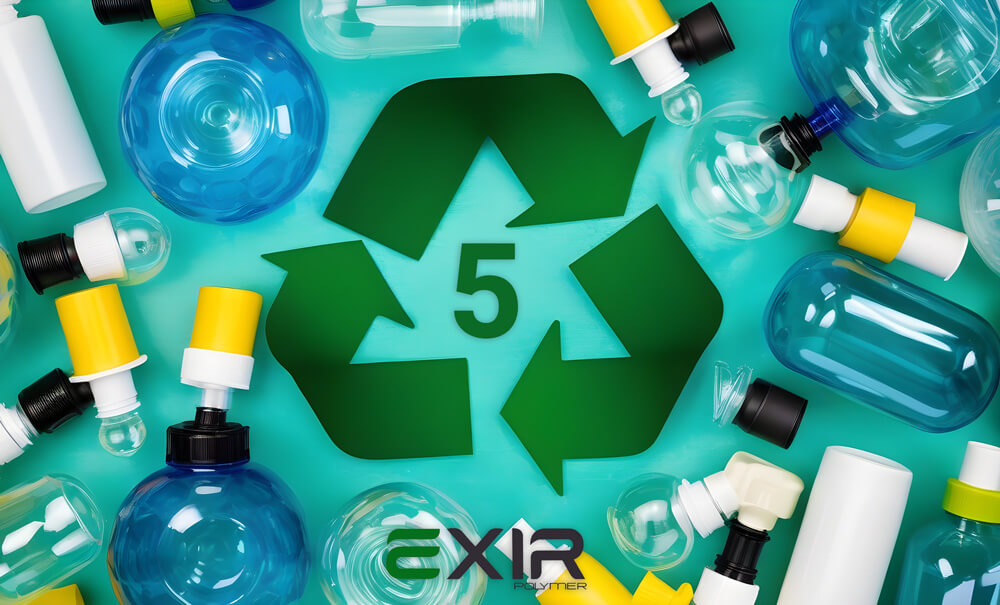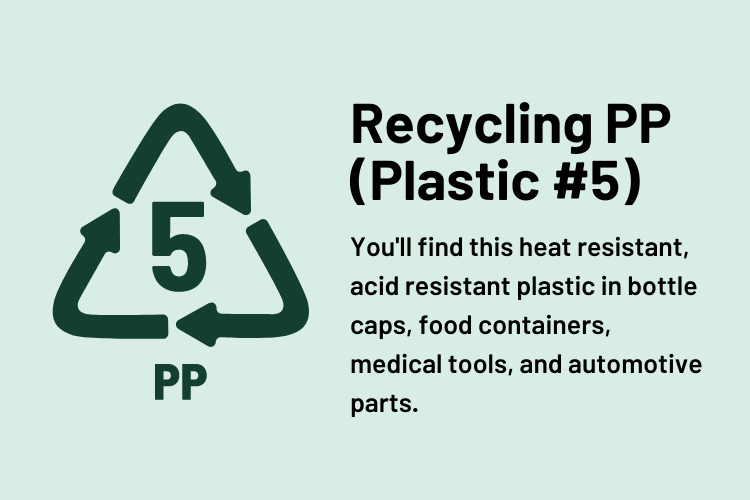As sustainability becomes a vital emphasis worldwide, the limelight is how industries can minimize environmental impacts. Polypropylene (PP), one of the very frequently used materials, has acquired significant interest because of its possible in the circular economy. With rising considerations about plastic spend, PP Recycling solutions are emerging as a promising avenue for achieving sustainability goals and reducing environmental footprints.

Polypropylene is popular across different industries, from appearance to automotive elements, because flexibility, energy, and cost-effectiveness. But, the persistence of PP in landfills and oceans creates an important environmental challenge. Fortuitously, developments in recycling technologies are giving new possibilities to recycle PP more effectively and effectively.
One of the very substantial developments in PP recycling may be the increase in mechanical recycling processes. Technical recycling involves wearing down plastic spend into small particles, which can then be reprocessed in to new products. This technique offers a more energy-efficient substitute compared to conventional plastic production. PP may be recycled multiple instances, lowering the requirement for virgin product extraction and reducing the general carbon footprint.
Along with mechanical recycling, substance recycling technologies are developing traction. Chemical recycling involves breaking down parts into their foundation substances, which may be recycled to produce new plastic products. This process allows for the recycling of contaminated or combined plastic spend that will otherwise be non-recyclable through conventional methods. As substance recycling technologies increase, they could revolutionize just how PP is refined and recycled, making it a key participant in the future of plastic spend management.
The raising give attention to PP recycling can be driving innovations in solution design. Businesses are building PP products and services which are better to recycle by using monomaterial packaging, reducing dangerous chemicals, and marketing types that help the recycling process. Venture across industries is imperative to ensuring that PP items are recyclable from the start and may be effortlessly processed by the end of the living cycle.
Moreover, consumer awareness and behavior play an important position in the achievement of PP recycling. With growing demand for sustainable services and products, more people and businesses are taking measures to make sure that PP spend is removed correctly. Training campaigns and incentive programs may encourage greater recycling practices and help shut the hook on PP waste.

Looking forward, PP recycling alternatives are set to be at the forefront of sustainable spend management. As systems improve and industries follow more circular methods, PP can continue to be an invaluable resource, driving equally environmental and financial benefits. The future of sustainability handles on improvements in recycling, and PP recycling alternatives will truly play a pivotal position in shaping that future.
